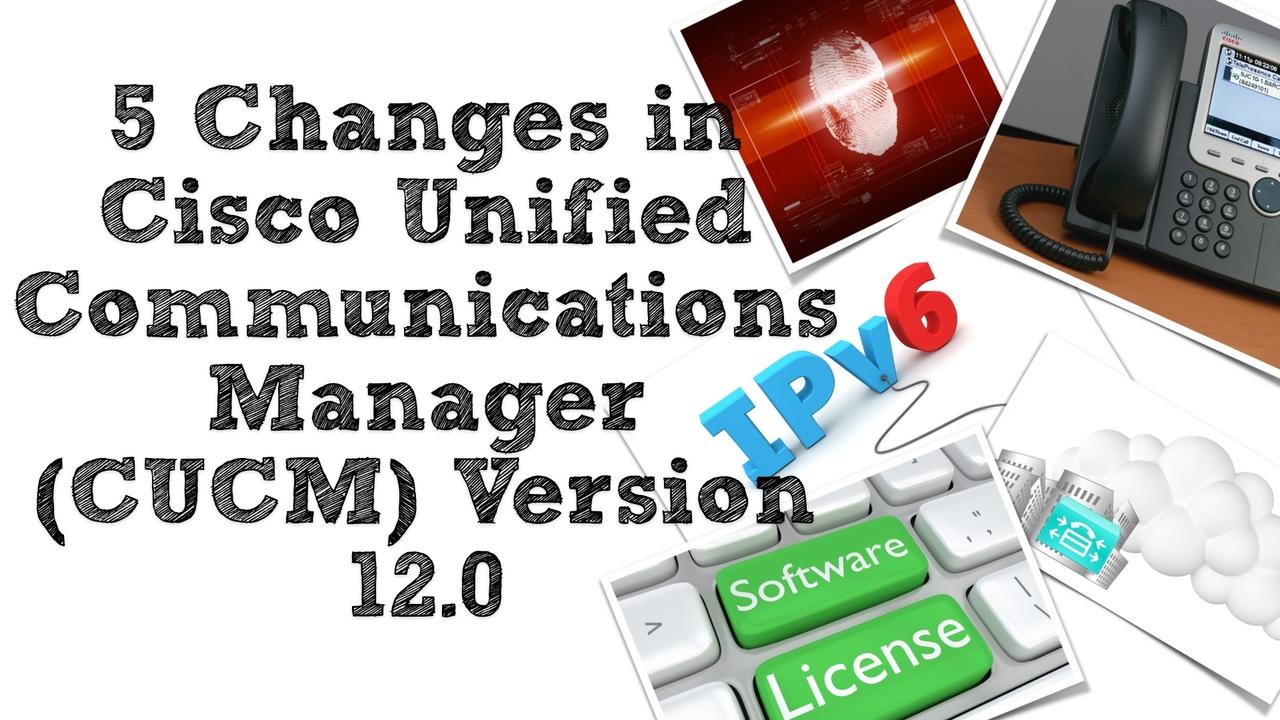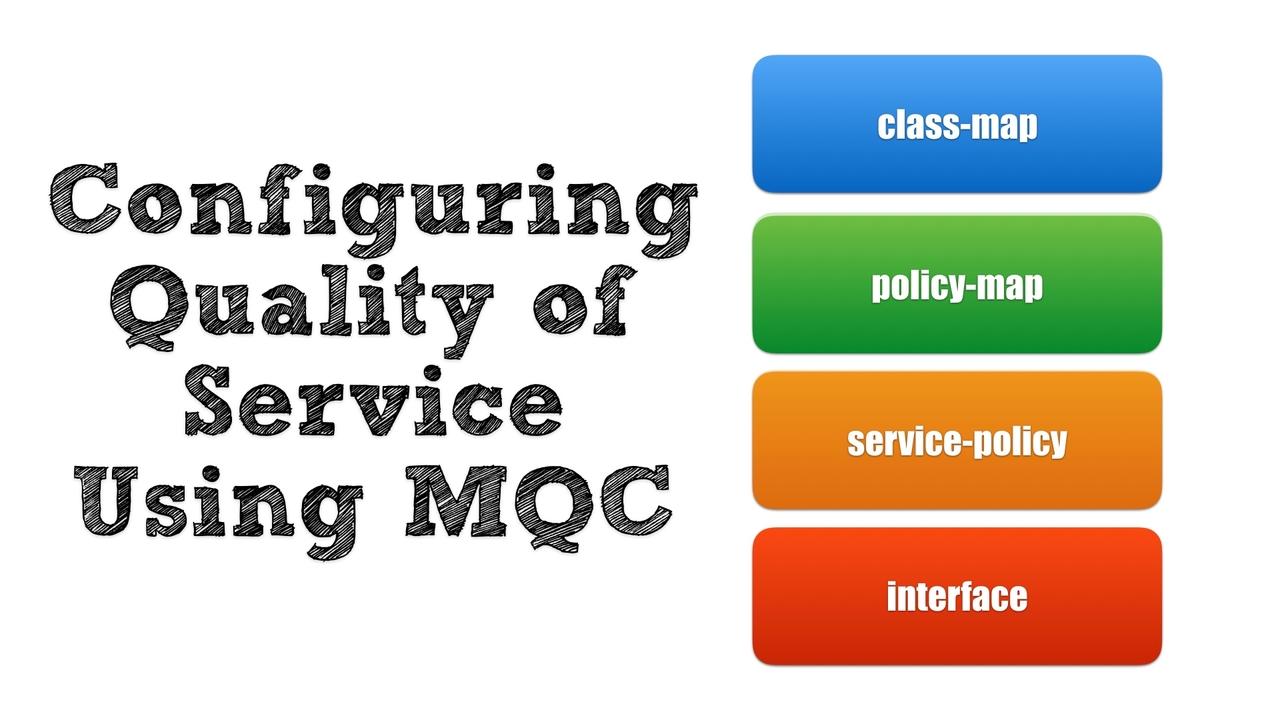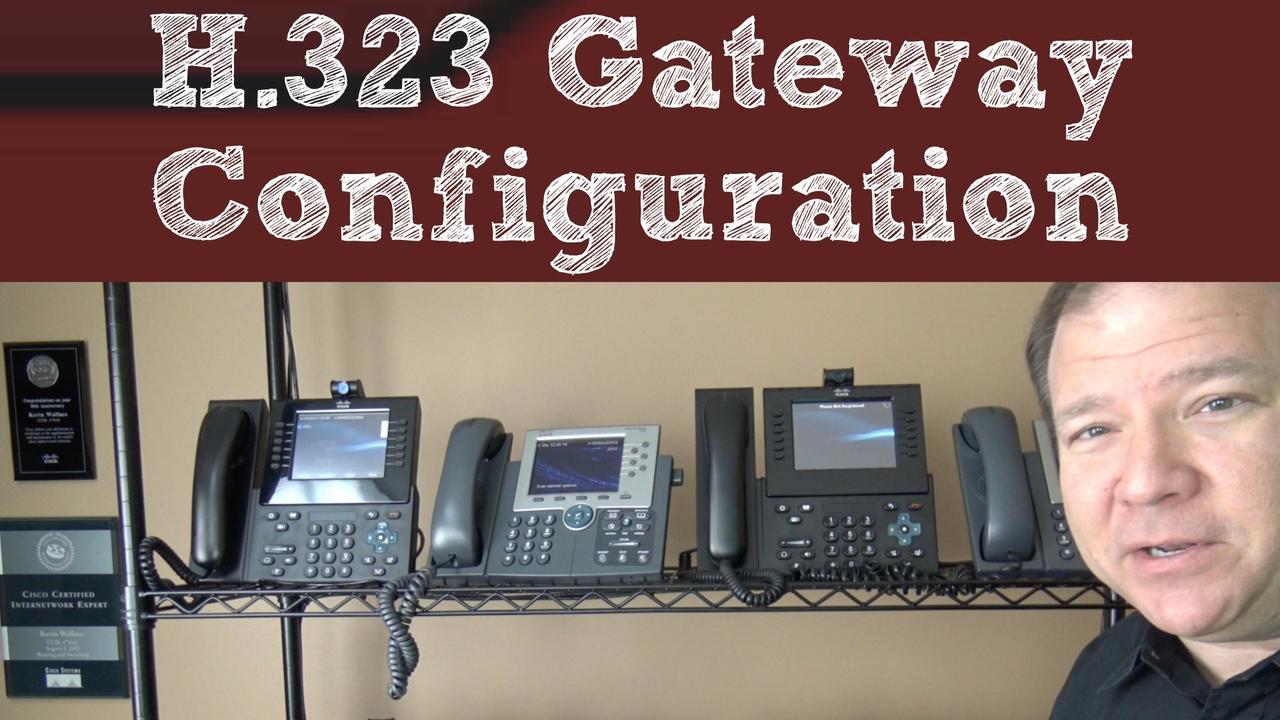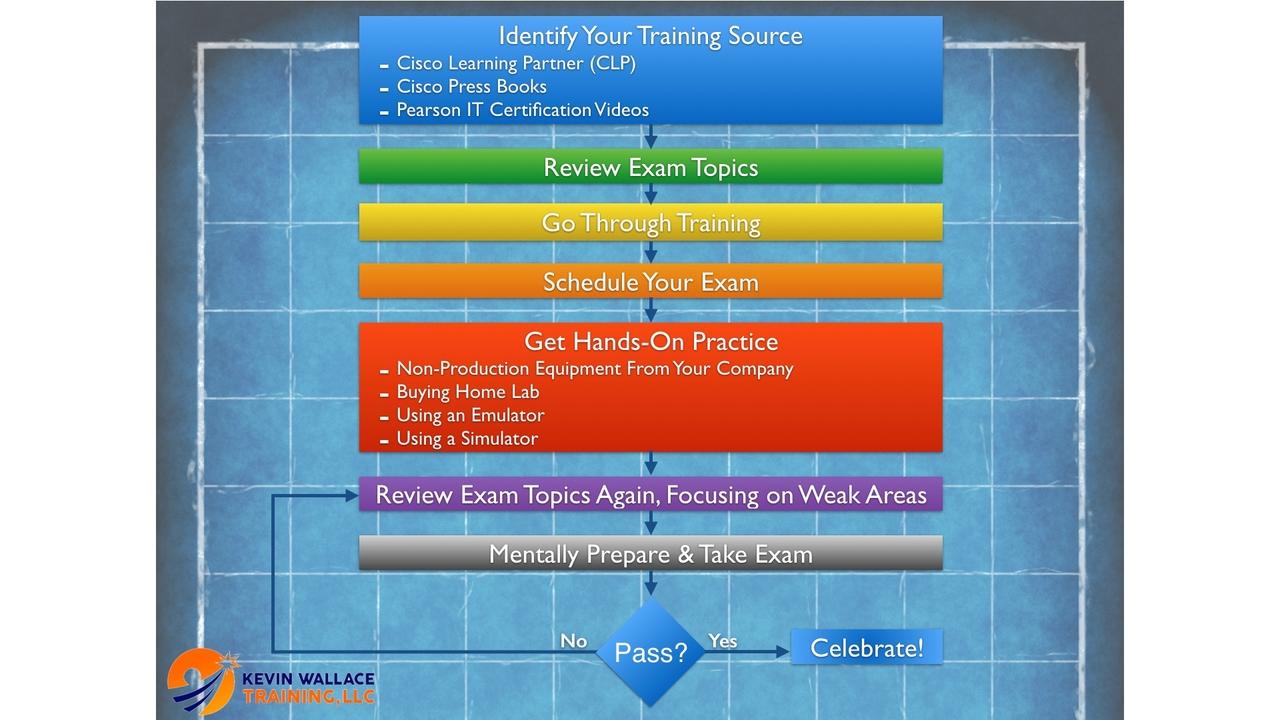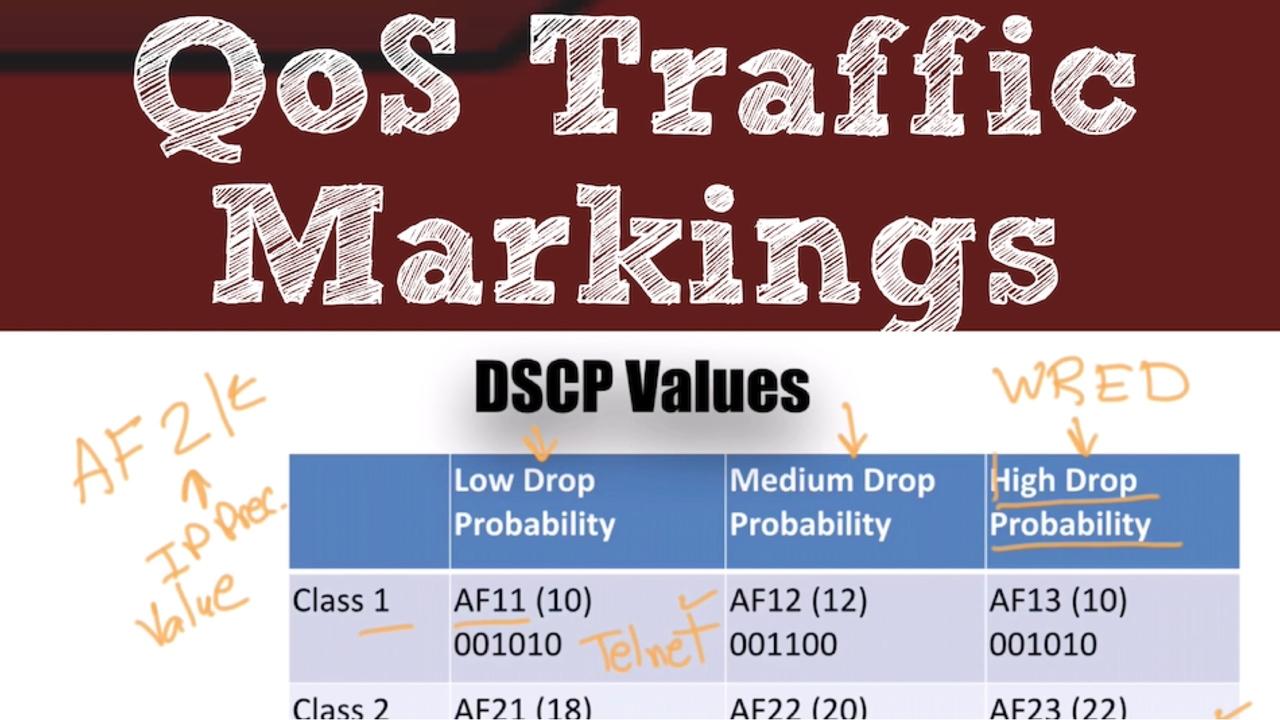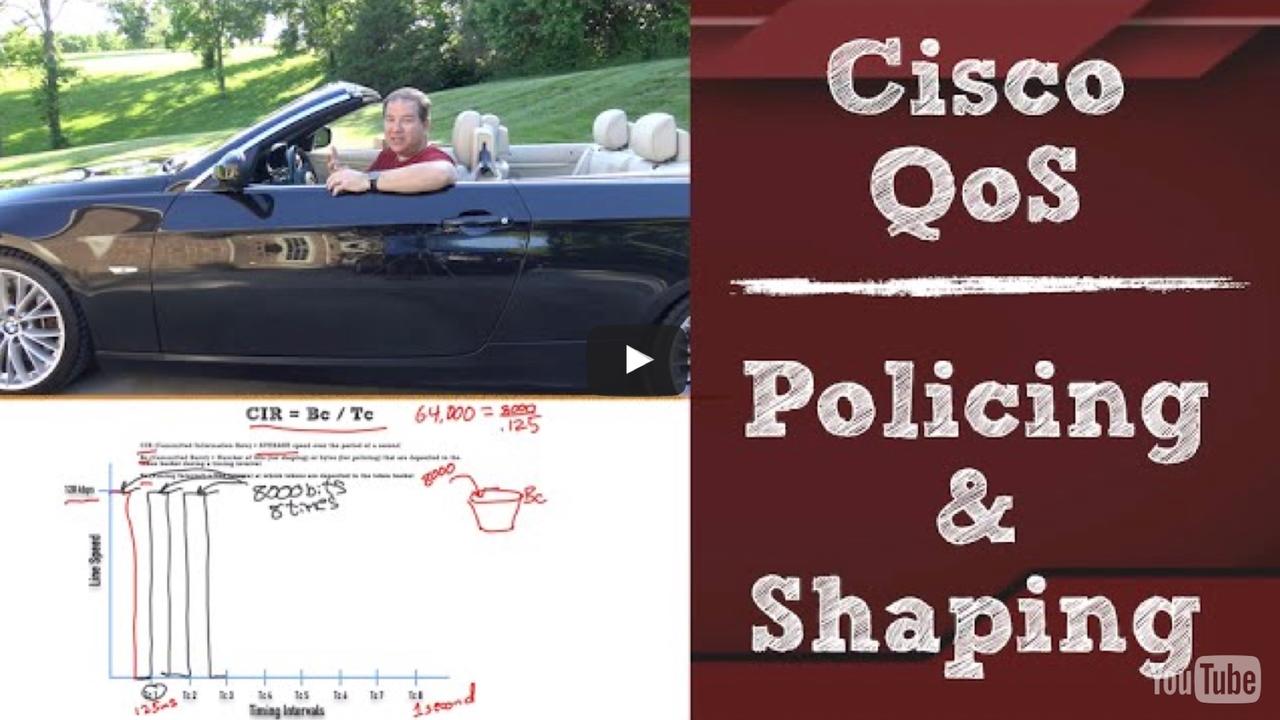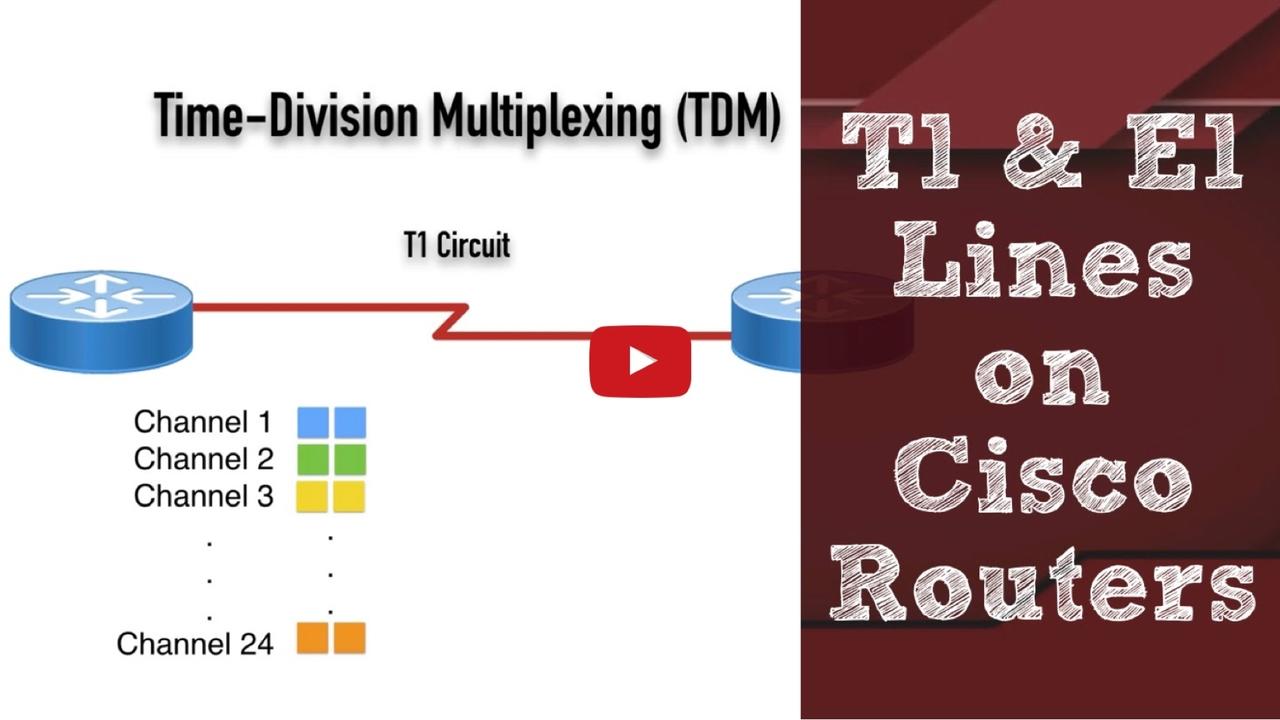THE BLOG
If you’ve been considering a focus in CCNP Collaboration, our latest YouTube video is a nice sample from our CLCOR (350-801) Video Training Series.
In this video, we consider how security works ...
Last week (on Cyber Monday), I did a webinar covering the theory and configuration of multiple QoS mechanisms. Here's what you'll learn in this replay of that webinar:
- Learn QoS Mechanisms
- U ...
I recently did a Facebook Live session covering the fundamentals of Cisco Collaboration technologies. If you missed it, or want to see it again, here's a replay.
Topics covered include:
- Trad ...
If you’re one of the 200,000+ Cisco customers using a Cisco Unified Communications Manager (CUCM) server to support your Cisco IP Phones and soft clients, this blog post is for you. Specifically, Cisc...
The Need to Know MQC in a World of Automation
These days, Quality of Service (QoS) can be configured relatively easy. If we’re using the APIC-EM as a network controller to manage our routers and swit...
Before Cisco had a Collaboration track, they had a Voice track. One of the courses in that track’s curriculum was the CVOICE course, and it really got into the configuration of H.323 gateways. I actua...
You might be hearing the term Cisco Spark used a lot these days. But what exactly is it?
That's what you'll learn in this video. Enjoy!
Kevin Wallace, CCIEx2 (R/S and Collaboration) #7945
Are you going to Cisco Live US (CLUS) 2017 in Las Vegas? If so, you might want to come check out my session. It's entitled Number Globalization and Localization for CCIE Collaboration Candidates. But,...
You want to get your first (or next) Cisco certification, but do you have a specific preparation strategy, or are you just winging it? If you do have a structured framework you’re confidently executin...
One of the new topics on the new CCNA R/S v3 exam is Quality of Service (QoS). Having taught QoS for many years, I’ve noticed that one of the topics students find most challenging is QoS Traffic Marki...
For me, the addition of QoS to the list of topic areas for the new CCNA R&S version 3 exam was a great thing. The reason is, QoS is my absolute favorite Cisco topic. So, I couldn’t wait to start recor...
Are you preparing for your CCNA, CCNP, or CCIE in Collaboration? If so, check out this video that gives you a step-by-step demonstration of a Cisco Unity Express (CUE) module configuration. And here’s...
In this new video, you’ll learn the theory behind T1 and E1 circuits and how to configure them on your Cisco routers. This is a key technology to master for Cisco CCNA Collaboration, CCNP Collaboratio...
This video shows you how the Enhanced Locations feature of CUCM operates, and is one of the many bonus videos included as part of the upcoming CCIE Collaboration Lab Walkthrough video series from Kevi...

